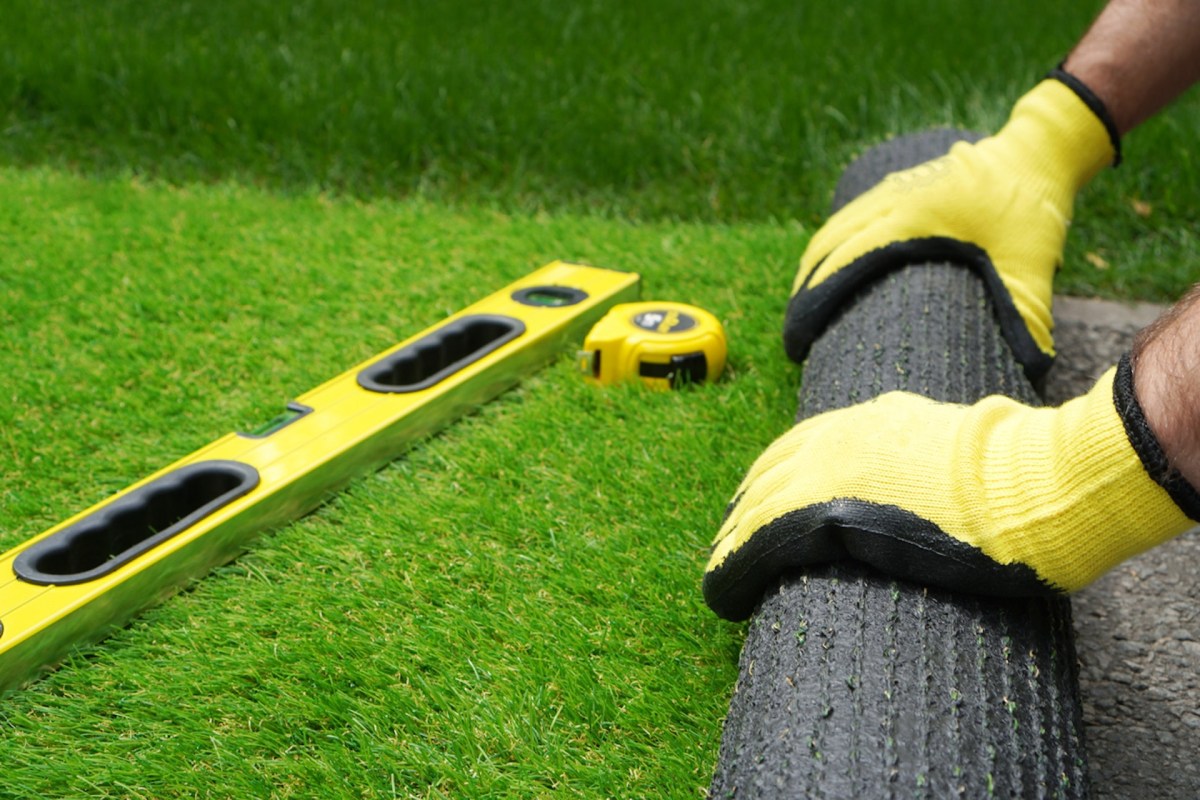When you live in a desert area, trying to figure out what to do with your outdoor space can lead you down many dead ends.
Traditional monoculture lawns are almost certainly out of the question because of the vast amounts of water they regularly need to continue looking green and healthy. You don't want a brown, barren patch of grass when water restrictions come into force, after all.
Then there's the question of what kind of plants will survive the conditions, significantly narrowing your options.
One homeowner took to Reddit to try to solve their conundrum, detailing that they and their fiancée have compromised that they will split their garden in two, with one half for a native food forest and the other for a lawn of some kind.
"Here's where I am torn," the Redditor said. "We live in the high desert. There are NO native grasses, according to our extension at least, and we have no infrastructure for a sprinkler system and are against the idea of wasting water on non-native monoculture lawn."
"This is where artificial grass came into the conversation."
It was at this point that they probably lost the faith of a few readers on the r/Permaculture subreddit.
The original poster asked if the artificial lawn was a good idea environmentally, noting that the fake grass would not require any watering but might cause some damage to the property's ecosystem.
It's clear where the commenters stood on the synthetic turf.
"Artificial grass is extremely detrimental to ecosystems," one said. "You'd basically be spreading microplastics all throughout your space."
"Artificial turf?" another Redditor asked. "You have no idea. It's not just a rug of plastic grass. Drainage requires that under artificial turf is several inches of plastic pellets. Not just sand. Plastic pellets that keep the plastic grass from floating in heavy rain."
"Astroturf is absolutely terrible, not just for the environment, it traps a ton of heat and she's going to HATE walking on it (if she can manage to do so without cooking her feet through her shoes)," said another. "It doesn't even need to be that hot out for turf to become unbearable."
Another homeowner can attest to this, as their artificial turf literally melted.
Indeed, artificial grass is harmful to the environment throughout its lifecycle — from the dirty energy sources and forever chemicals used to create it to the damage those chemicals can do to the terrain (and to the human body) when in use, in addition to the fact the turf doesn't degrade naturally upon disposal and will remain in landfills for years to come.
A couple of commenters noted a rock garden with xeriscaping of native plants could be the answer in this case. But whatever conclusion was reached, the dire warnings from fellow Redditors hopefully steered them clear of synthetic turf.
Join our free newsletter for easy tips to save more, waste less, and help yourself while helping the planet.









